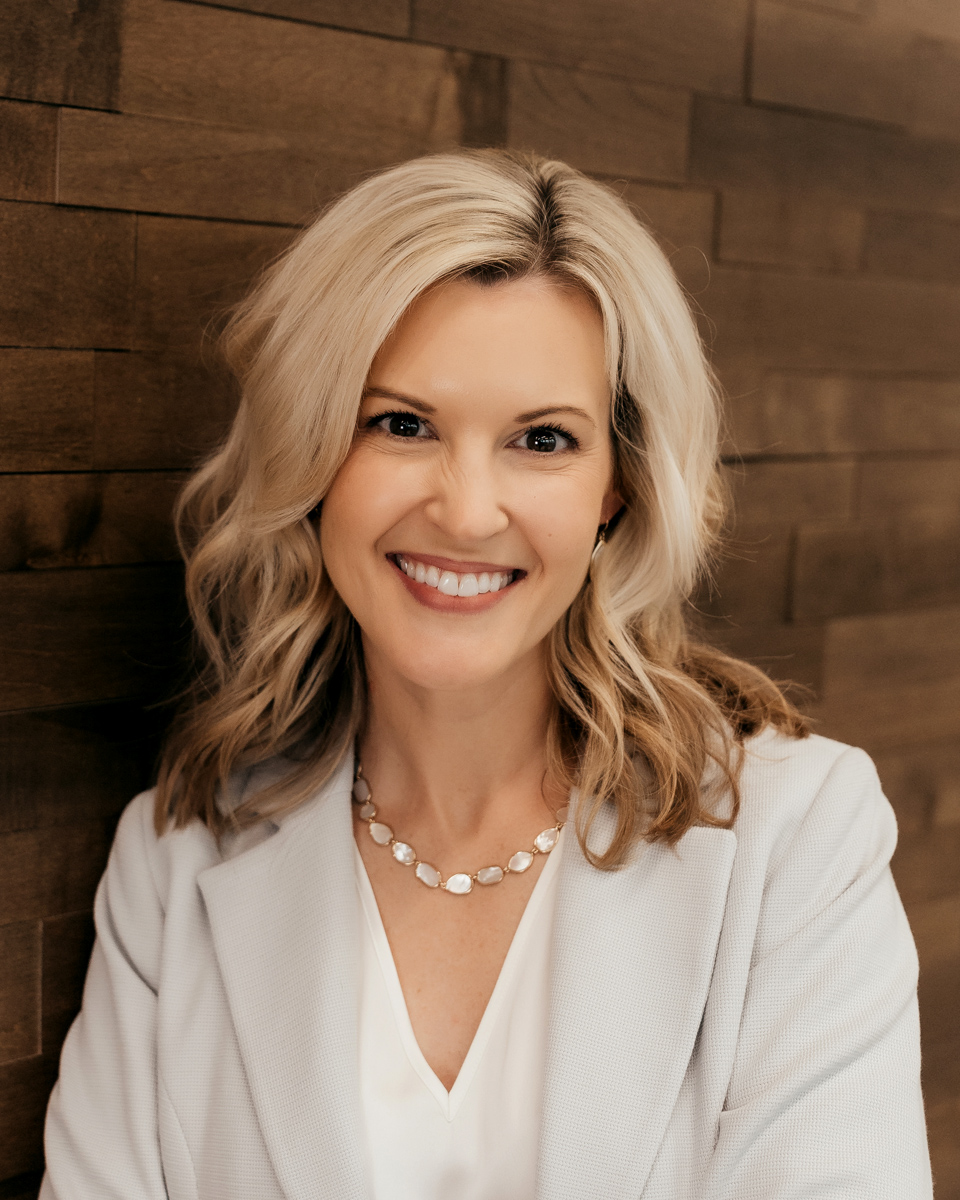
Key Takeaways:
We met with a potential client the other day, and one of the specific questions she asked was if we were a fiduciary. She recently learned that the advisor she’s currently with is not always a “true fiduciary”, as she put it.
Admittedly, she wasn’t certain what the word fiduciary meant, and what the difference was between a fiduciary and her financial advisor at one of the wirehouses in town. But she said if a fiduciary meant more trustworthiness and “doing the right thing”, that’s what she wanted.
The first time I was asked if we were a fiduciary a few years ago, I was taken off guard. I thought the term “fiduciary” was an industry term that only those of us working in the profession cared about, like standard deviation or backdoor Roth conversions.
Since then, we’ve been asked if we are a fiduciary several times. We find that people don’t know exactly what it means or what the difference is, but it’s something they know they should pay attention to and a characteristic they should care about in their advisor. We are thrilled to have the opportunity explain what being a fiduciary means, and why clients should care.
So for those who have wondered but haven’t asked, let’s clear up some questions.
What is a Fiduciary?
The Cornell Law Dictionary defines fiduciary as “the highest standard of care”.
Simply put, a fiduciary financial advisor is legally and ethically required to put a client’s interests ahead of their own. If your financial advisor is a fiduciary, he or she is obligated to act in your best interest at all times- even if it’s in contradiction to their best interests. If they don’t, or fail to carry out their duties appropriately, they could face significant legal and financial consequences.
You may be wondering, “Isn’t that always the case? Wouldn’t my advisor always give me advice that’s in my best interest?”
The answer: not necessarily. Not all financial advisors are fiduciaries and are held to this “best interest” standard. Instead, they may be held to a suitability standard, meaning they may give recommendations that are suitable for a client, but may not be in the client’s best interest.
Registered investment advisors (or RIAs) have a legal and ethical fiduciary duty to cleints at all times. In every aspect of business. Broker dealers (or BDs) are required to meet the less-stringent suitability standard which doesn’t’ require putting the client’s interests ahead of their own.
Advisors associated with broker dealers are required to act in the client’s best interest specifically when a security or investment recommendation is made. This “best interest” standard does not apply to the overall business model or relationship to the client.
How do you know if an advisor is a fiduciary?
Typically, fiduciaries are registered investment advisors (RIAs), not broker dealers (BDs). A broker dealer is oftentimes a large financial institution like a wirehouse.
If you are not certain if your advisor is a fiduciary, just ask them. Ask what legal standard they operate under, either the fiduciary rule or the suitability rule. You may also ask if they receive compensation for selling certain financial products and if they are dual-registered, which means that the advisor may act as a fiduciary with some clients and not with others, so be sure to clarify. The financial advisor should be able to provide a clear answer to any of these questions.
What about Saling Wealth Advisors?
There is plenty of detail that can be added to the conversation of fiduciary standards. At the end of the day, working with a fiduciary provides greater peace of mind knowing your advisor is looking out for YOU.
Saling Wealth Advisors, being regulated by the SEC and DoL, with no association with a broker dealer, is a fiduciary, acting in our clients’ best interest, at all times and in every aspect of the relationship. We believe that always acting as a fiduciary is the only way to serve our clients with the integrity, competence, and trust that they deserve.
If you have additional questions about being a fiduciary or how we work with and serve our clients, please contact us; we’d be happy to have a conversation with you.
This material is not financial advice or an offer to sell any product and is not a recommendation to buy or sell any particular security. The opinions expressed are those of the Saling Wealth Advisors’ Management Investment Team and are subject to change without notice.
Saling Wealth Advisors (“SWA”) is an independent SEC registered investment advisor. Registration does not imply a certain level of skill or training. This material is provided for informational and educational purposes only. More information about SWA including our advisory services, fees, and objectives can be found in our Form ADV Part 2A, which is available upon request.




